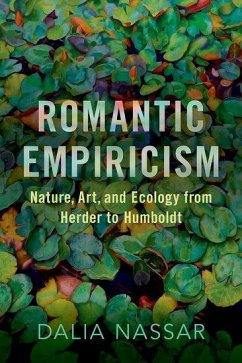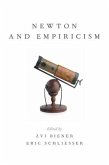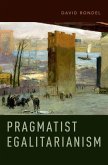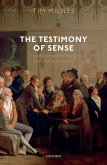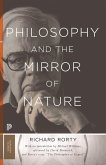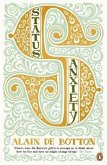In Romantic Empiricism, Dalia Nassar distinguishes an understudied philosophical tradition that emerged in Germany in the late eighteenth and early nineteenth centuries, traces its development, and argues for its continued significance. Nassar shows how four key thinkers, whom she calls the "romantic empiricists," developed a distinctive approach to the study of nature, which culminated in a new, ecological understanding of nature and the human place within it. While the romantic empiricists took insights from empiricism and rationalism, they differed in their view that art and aesthetic experience can enrich our understanding of the world, and in their emphasis on the ethical dimension of knowledge. Nassar contends that the romantic empiricist insights and approaches remain crucial for us today, as we seek to address the environmental crisis.
Bitte wählen Sie Ihr Anliegen aus.
Rechnungen
Retourenschein anfordern
Bestellstatus
Storno

